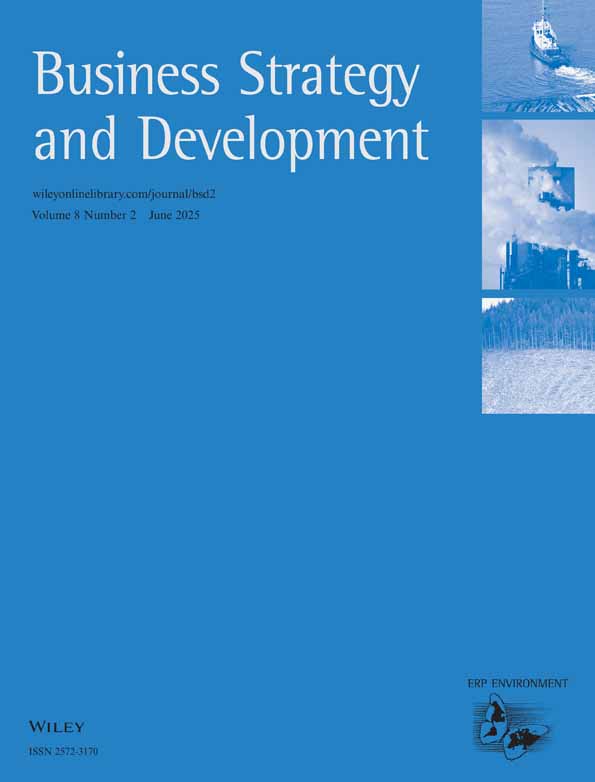COVID-19 Pandemic, ESG Performance, and Sustainability Disclosure in the European Healthcare Sector: Do GRI Guidelines Matter?
Funding: The authors received no specific funding for this work.
ABSTRACT
This study investigates the impact of the COVID-19 pandemic on sustainability disclosure and environmental, social, and governance (ESG) scores in 726 healthcare companies across 10 European countries over the period 2016 to 2022, with a specific focus on the relevance of following Global Reporting Initiative (GRI) guidelines. The findings reveal that COVID-19 cases and deaths have a significant negative effect on sustainability reporting scores for GRI-non-compliant firms. Interestingly, the study uncovers a positive relationship between COVID-19 cases and sustainability reporting scores for firms that follow GRI guidelines. This implies that GRI-compliant firms are more proactive in addressing and disclosing the impact of the pandemic, leading to higher sustainability reporting scores. Conversely, non-compliant firms exhibit a negative relationship between COVID-19 cases and sustainability reporting scores, suggesting challenges in effectively addressing and communicating their response to the pandemic. Furthermore, the impact of COVID-19 on ESG scores differs based on GRI compliance. GRI-compliant firms demonstrate minimal impact on ESG scores, indicating the resilience of their established ESG practices. In contrast, non-compliant firms experience a negative impact of COVID-19 cases on ESG scores, highlighting the importance of adopting standardized reporting frameworks to effectively manage and communicate ESG performance during crises. The results underscore the need for firms to proactively address and communicate their response to the pandemic's challenges, particularly in terms of sustainability reporting and ESG performance. The study highlights the role of GRI guidelines as a potential facilitator of effective pandemic response and emphasizes the significance of standardized reporting frameworks for managing and communicating sustainability performance during crises in the health sector and beyond.
Conflicts of Interest
The authors declare no conflicts of interest.
Open Research
Data Availability Statement
Data available on request from the authors.




